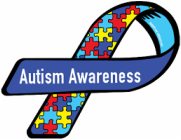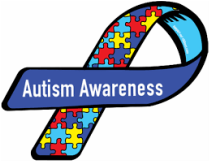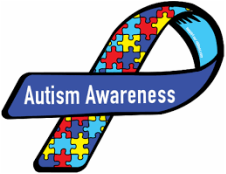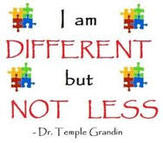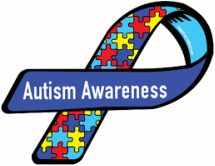"I cannot emphasize enough the importance
of a good teacher."
--Temple Grandin, Ph.D.
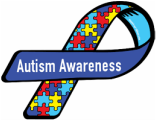
1. Creating the Optimal Living Environment for a Child with ADHD
2. Suggested Classroom Interventions for Children with ADD and Learning Disabilities
3. The Life-Changing Impact of Autism Service Dogs
4. 22 Tips for Teaching Students with Autism Spectrum Disorders
5. 50 Must-See Blogs for Special Education Teachers
6. The Ultimate Guide to Water Safety for Parents and Caregivers of Children with Autism
7. Teaching Your Child About Peers with Special Needs
8. Teaching College Students with Autism Spectrum Disorders
9. Autism and Addiction: Coping With and Treating Your Dual Diagnosis
10. Choosing a College: Planning For Teens with ADHD
11. Overview of College Resources for Students with Disabilities

